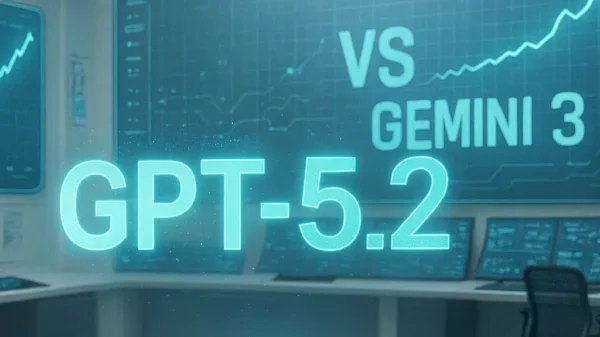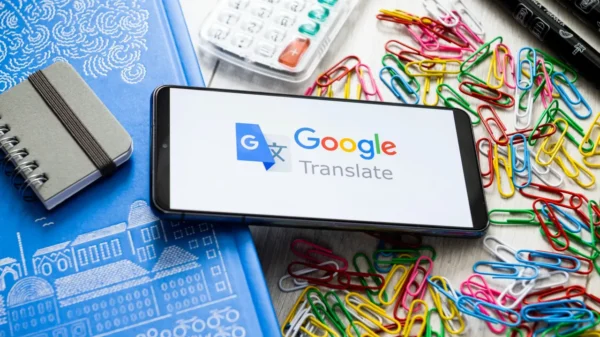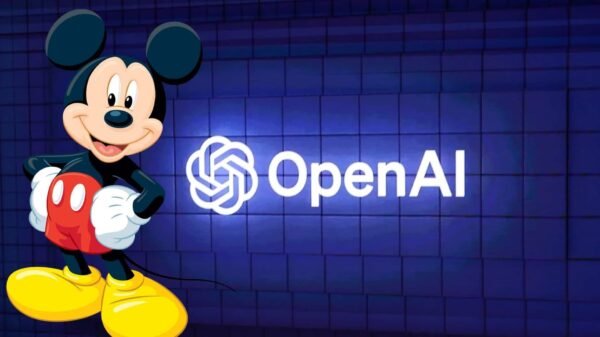Gamers in Chicago seem to be having a hard time enjoying a leisure afternoon playing their favorite video games thanks to Chicago’s reinterpretation of it’s Amusement Tax in 2015.
The Amusement Tax Chicago also known as the “Cloud Tax” was instated in 2015 and states that owners, managers, and operators of amusements are required to collect tax from those who witness or participate in the amusements, this has been extended to streaming movies, music, videos, through services such as Spotify, Netflix, Hulu, and Soundcloud and video games. The taxe even extends to businesses that use real estate and court databases online.
All of you gamers are probably breathing a sigh of relief that you don’t live in Chicago and are free to enjoy your gaming and streaming services tax-free, and the Entertainment Software Association is fighting the tax on video games in Chicago. The Entertainment Software Association is the trade association of video games in the United States. The association is responsible for organizing the annual E3 video game trade show, as well as being responsible for creating the system for creating the system that provides the parental guidance rates. The association includes Nintendo, EA, Sony, Disney Interactive Studios and many other gaming based platforms and believes that the tax is “illegal.”
The association seeks to put a permanent stop to the enforcement of the Amusement Tax on electronic entertainment, such as video streaming, music streaming, and video games. “In the 21st century, a 9 percent tax that was originally placed on carnivals, bowling and rodeos has no place on the internet. Today we’re going to take the steps necessary to stop the tax authority from extending that (tax) to interactive entertainment,” said Michael D Gallagher president and CEO of the association. Gallagher cites the federal Income Tax Freedom Act, which prohibits the “discriminatory” taxes on e-commerce (internet bought/data based services).
This means that those who buy digital copies of games are the only ones who are subject to the tax, while those who buy hard copy copies of games are. Gallagher states that this is discriminatory against those who prefer to buy digitally bought games. This tax not affects the gamers, but the game developers as well, the tax requires game developers to either collect a 9% fee from gamers who live in Chicago or pay the fee themselves. If the Entertainment Software Association’s efforts are successful gamers in Chicago will hopefully be able to play their games tax-free.

















































